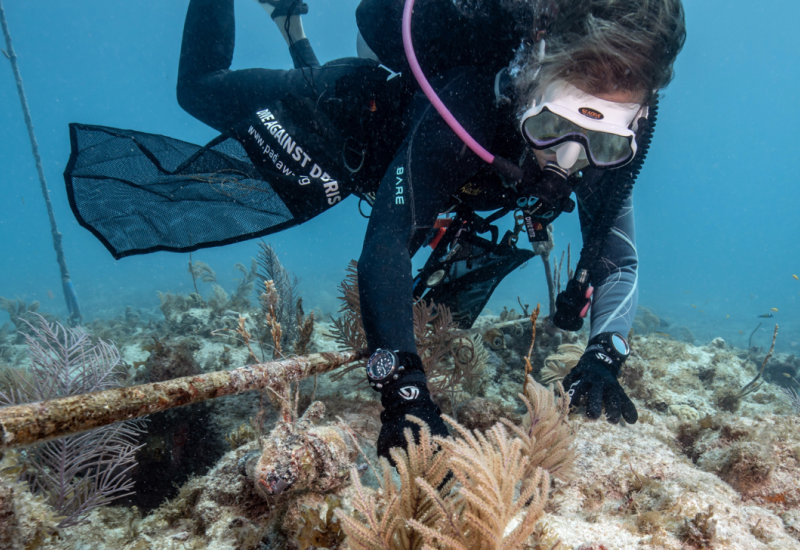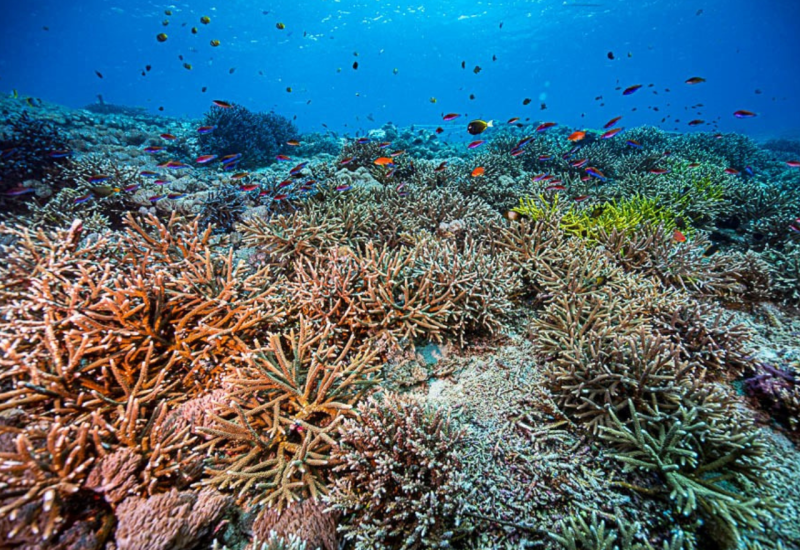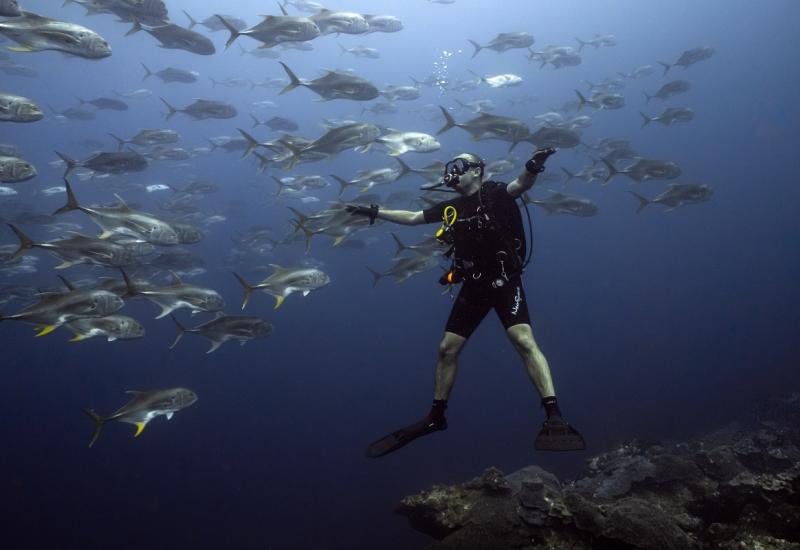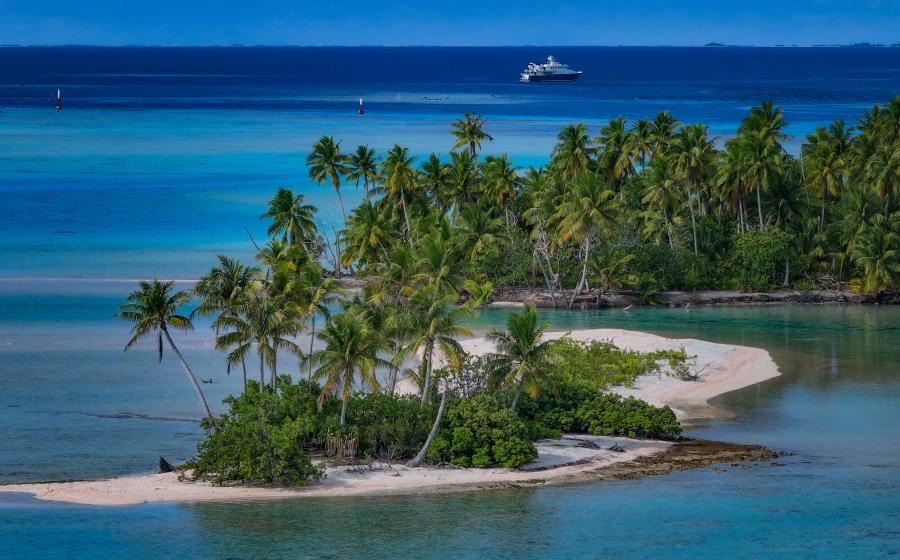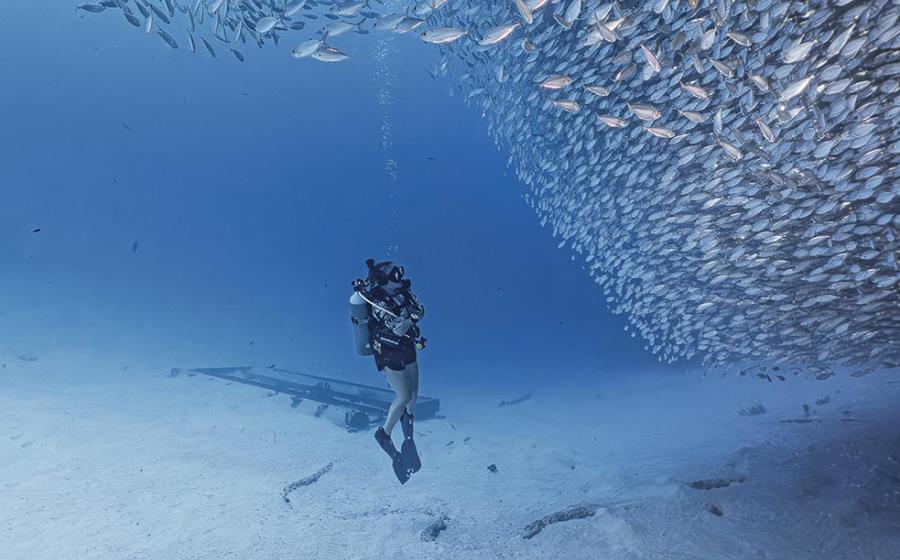Sunscreen, Straws and Subtlety: The Dangers of Oversimplifying a Complex Environmental Problem

Fotos593/shutterstock.comDebris washed ashore next to the Panama Canal.
Sometimes, scientists have to be the villain.
When people unite behind widespread “save the ocean” movements such as plastic-straw and sunscreen bans, it might seem like an undeniable win for the important goal of saving the ocean.
But, here I am, your friendly neighborhood marine conservation biologist, willing to take the role of wet blanket and say: Not only are these sweeping policies partially misguided, but they also could be a net negative for our beloved ocean ecosystem—and for people.
Hear me out—sometimes a problem is so large and overwhelming that the only way to wrap our brains around it is to focus on one bite-size chunk at a time. This can be an effective strategy for public engagement and education, especially if the goal is using a small, easily visualized part of the problem as a hook to get people to learn about and try to fix the rest of the problem.
However, when that small chunk of the problem is wrongly treated as the biggest threat or the only threat, well-intentioned activists can do more harm than good.
Overwhelming activist and media focus on a small part of the problem leads to confused and misinformed citizens, research funding getting reprioritized so it can’t be used on the bigger issues, and suboptimal policy outcomes.
Take plastic-straw bans, for example. It’s nearly impossible for us to visualize the scale of an ocean plastic pollution crisis that involves more than 150 million tons of plastic pollution from a variety of sources all over the world. However, supporters of recent laws that seek to ban single-use plastic straws claim that straws are a major source of ocean plastic pollution, and that starting with straws is a useful first step in our quest to solve the plastic-pollution crisis. While there’s no doubt that lots of plastic straws end up in the ocean where they can harm wildlife, other single-use plastic items like food wrappers and beverage bottles are a much larger contributor to the ocean plastic pollution crisis in both number of items and total mass. These other sources of plastic pollution have not attracted anywhere near the same level of zeal from activists—and that’s not even getting into microplastics, the sources of which get complicated really quickly. (Incidentally, you’re probably visualizing what the ocean plastic pollution problem really looks like incorrectly, but more on that in another column.)

Nicole Helgason/shutterstock.comA diver collects a plastic bag on a coral reef.
Supporters of straw bans also claim that these laws help the ocean while hurting no one; they claim anyone who really wants a straw can use a substitute made from less environmentally harmful materials like paper or metal, and that no one needs a plastic straw. If you’re one of the millions of people who suffer from neuromuscular disorders like multiple sclerosis or cerebral palsy or lots of similar conditions, you absolutely need a plastic straw in order to drink or even to eat, and the available substitutes just don’t do the same thing.
Similarly, recent efforts to ban sunscreens that are supposedly harmful to corals risk not only failing to see the forest for the trees, but letting the forest burn down while focusing on a twig.
Reviewing the scientific evidence behind claims that certain types of sunscreen harm wild corals won’t take long…because there just isn’t very much! Extremely high concentrations of sunscreen chemicals are harmful to the larvae of one species of coral, but that doesn’t mean that sunscreen washing off your skin when you go swimming is the reason for global coral bleaching.
Coral reefs face many threats, but the largest by far is climate change—if we totally fix climate change, most corals will be in pretty good shape no matter what sunscreen you wear, and if we ban all “harmful” sunscreen worldwide, many corals are still doomed because of climate change.
These bans are at best a distraction from the real problem, and at worst are endangering human health (because sunscreen does help protect us from harmful solar radiation) in the name of a misunderstanding of threats to coral reefs.
It’s natural for people who want to help the environment to want to just do something. However, what we do matters! Doing something that makes the problem worse (or doing something that doesn’t solve the problem while making it harder for others to solve the problem later) is objectively worse than doing nothing. To solve the ocean plastic pollution problem, scientific experts agree that need to stop plastic at its source, by preventing it from entering waterways, and by changing manufacturing processes that result in plastic waste—what we don’t need is a ban on a relatively minor part of the problem that would make life harder for the most vulnerable members of our society. To save coral reefs, we need to significantly and rapidly reduce CO2 emissions planetwide, we don’t need to endanger human health by banning sunscreens. When choosing what you do to help, I urge you to consider listening to expert scientists and expert environmental advocates rather than following a fad that sounds great but isn’t based on facts.
About David Shiffman
Dr. David Shiffman is a marine conservation biologist specializing in the ecology and conservation of sharks. An award-winning public science educator, David has spoken to thousands of people around the world about marine biology and conservation, and has bylines with the Washington Post, Scientific American, New Scientist, Gizmodo and more. Follow him on Twitter, Facebook and Instagram @WhySharksMatter, where he’s always happy to answer any questions about sharks. Please direct any questions or hate mail to [email protected].
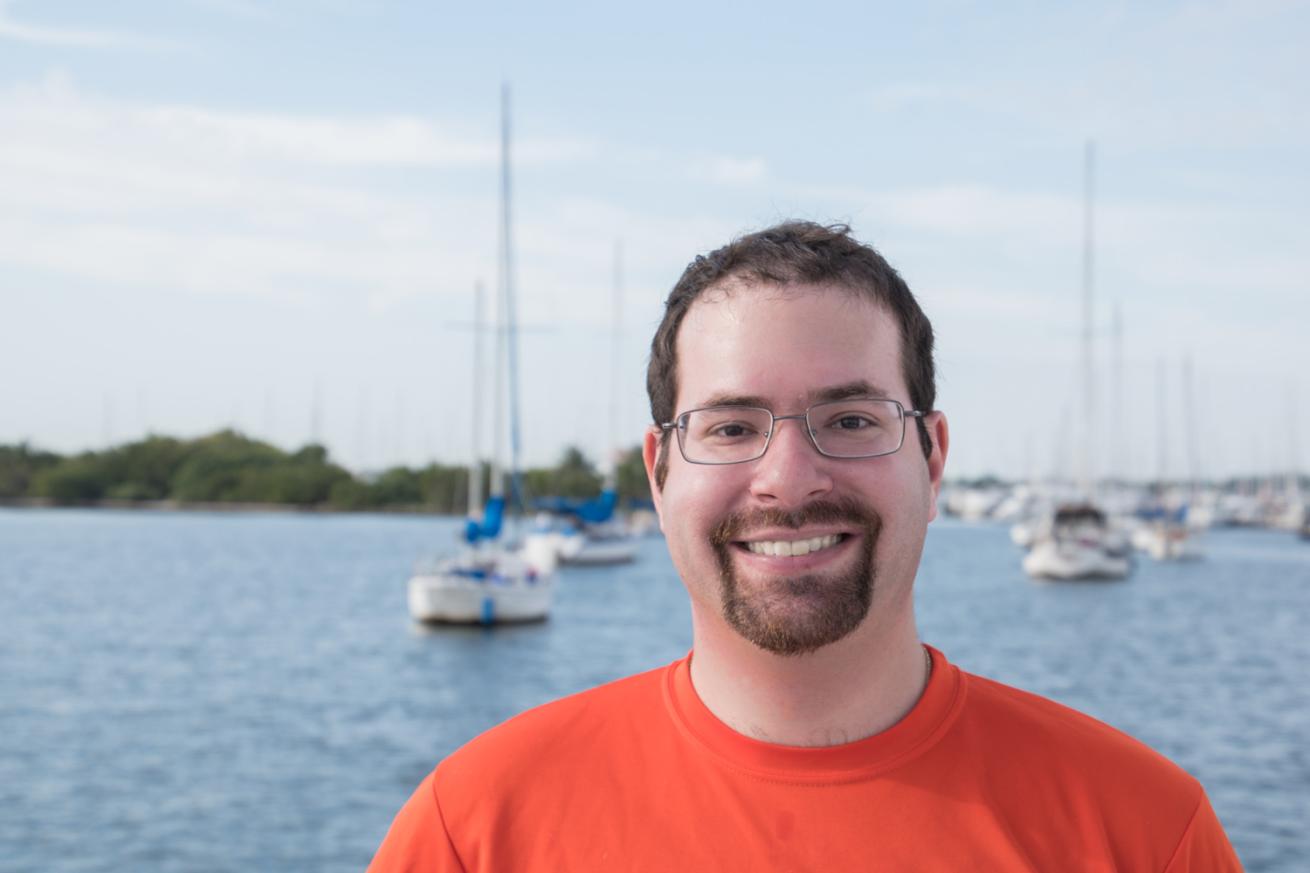
Josh LibermanDr. David Shiffman
About Science Stop with Dr. David Shiffman
Before you surface from a deep scuba dive, you make a safety stop. Before you take a deep dive into the complicated world of ocean conservation, I encourage you to make a science stop by reading this column. The global environmental challenges we face can seem overwhelming, and concerned citizens, especially people like scuba divers who love spending time in the ocean, want to help do their part to fix these problems. However, with lots of conflicting, misleading or just plain wrong information out there about environmental problems and how you can help solve them, it can be hard to know how to help. In some cases, well-intentioned but misinformed activists not only fail to help solve a problem, but can actually make the problem worse, or harder to solve! Put simply, if we’re going to fix the massive problems facing the ocean, the details matter, and those details can be confusing! In this monthly column, my goal is to teach you the true scientific facts behind some of the most pressing threats facing the ocean and the solutions experts believe will help solve them. I will also try to dispel common misconceptions about these threats and their solutions.


